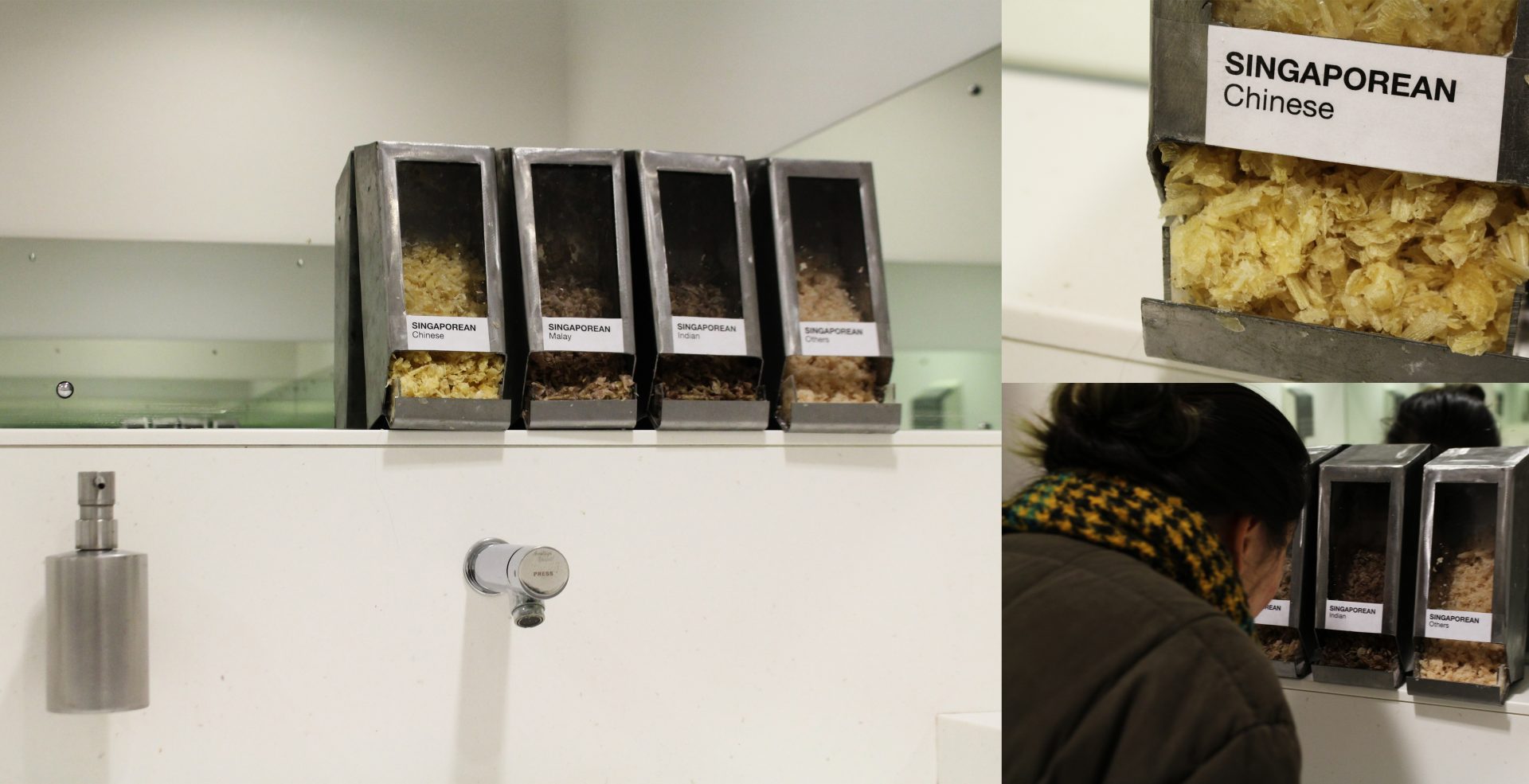The Social Art Award 2017
Can art change the world?
Under this question, the Institute for Art and Innovation e.V. had launched the first Social Art Award in 2017. Artists and cultural actors of all areas were invited to apply with their work to the field of social art. Artists from 131 countries responded with extraordinary works and projects.
On September 5, 2017, the three winners Lino Tonelotto from France, Quek Jia Qi from Singapore and Diogo da Cruz from Portugal were honored, and exhibited at WHITECONCEPTS Gallery in Berlin. They demonstrated with their politically engaged works that art can make current events visible and tangible. This is an important understanding for bringing forward the debate and thus a social change.
Learn more about it and get your copy of the Social Art Award Book (116 pages, English) featuring the Top50 artists.
To Order:
Printed Version (Softcover) – 25 EUR excl. delivery
E-Version – Free
See here the best entries:
洗手 (Washing Hands) (2017)
Quek Jia Qi
This interactive installation reconstructs Singapore’s Chinese-Malay-Indian-Others racial model into hand-built soap dispensers in a public toilet. By displacing the manufactured-handmade boundary, the pedagogical intervention makes tangible the ethics of everyday encounters produced by socio-categorical constructs. The gestural prompt of cleansing with “dead skin” (soap) seeks to provoke dialogues of social responsibility, reconsidering our notions of dirt and complexities of social privilege.
This interactive installation reconstructs Singapore’s Chinese-Malay-Indian-Others racial model into hand-built soap dispensers in a public toilet. By displacing the manufactured-handmade boundary, the pedagogical intervention makes tangible the ethics of everyday encounters produced by socio-categorical constructs. The gestural prompt of cleansing with “dead skin” (soap) seeks to provoke dialogues of social responsibility, reconsidering our notions of dirt and complexities of social privilege.



